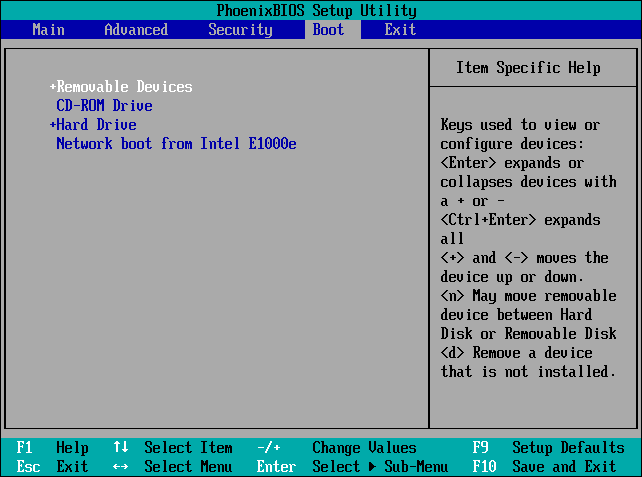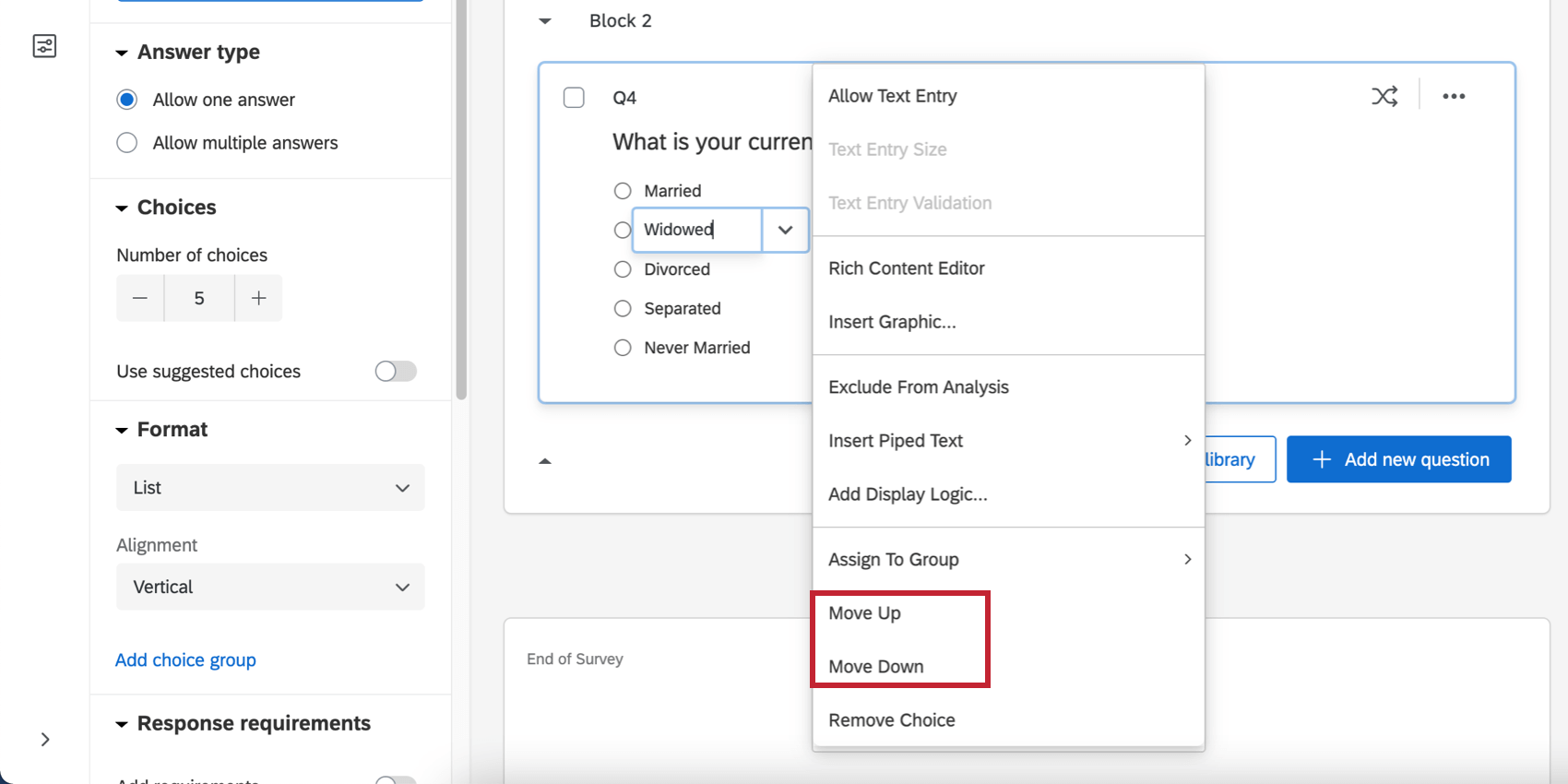

Essentially, being led by my mental imagery rather than being in the present could mean I'm more susceptible to being put in a trance.īut there are also further reaching applications for the research, according to Colton, such as when people are in recovery after illness.HP Active Care helps IT achieve optimal uptime and fast resolution support on HP devices. This could be related to how suggestible they are to hypnosis, Colton said. They are particularly interested in why some participants are more prone to being led astray by their mental images than others. I didn't notice until I pulled into the car park!"Ĭolton and his team have conducted some further experiments to probe the effect in more detail. I was once so preoccupied with the stresses of starting a new job that I found myself driving to my old place of work along a well-rehearsed route. "Unfortunately, it also means that we're especially prone to making these kinds of mistakes when we're distracted or multitasking. "Now that's a pretty good feature of our brains, as it allows us to do and think about many things at once without getting lost in the detail," said Colton. We change gears, press down on the brakes, and take the turnings without really needing to decide to do any of it. This is essentially what we tried to induce with the experiment."įor example, when you're driving a familiar route, people often say they "glaze over" and don't remember the route they took. "However, when we're not paying attention, sometimes strong cues in the environment can lead us to behave in a way that is counter to our intentions.

"More simply, if everything appears to be fine, we don't need to pay too much attention to what we're doing," Colton said. When we perform mundane tasks like making a cup of tea or clearing objects from room to room, we do so with minimal conscious oversight. It's a bit like when we act on "autopilot," because a lot of our behaviour seems to occur automatically.

"This study tested, for the first time, one of ideomotor theory's central ideas - that the intention to act is nothing more than a strong mental image of how it would look, sound a feel to behave in that way." "It spawned an influential branch of psychology which has had something of a resurgence of interest in recent years," Colton said.


 0 kommentar(er)
0 kommentar(er)
